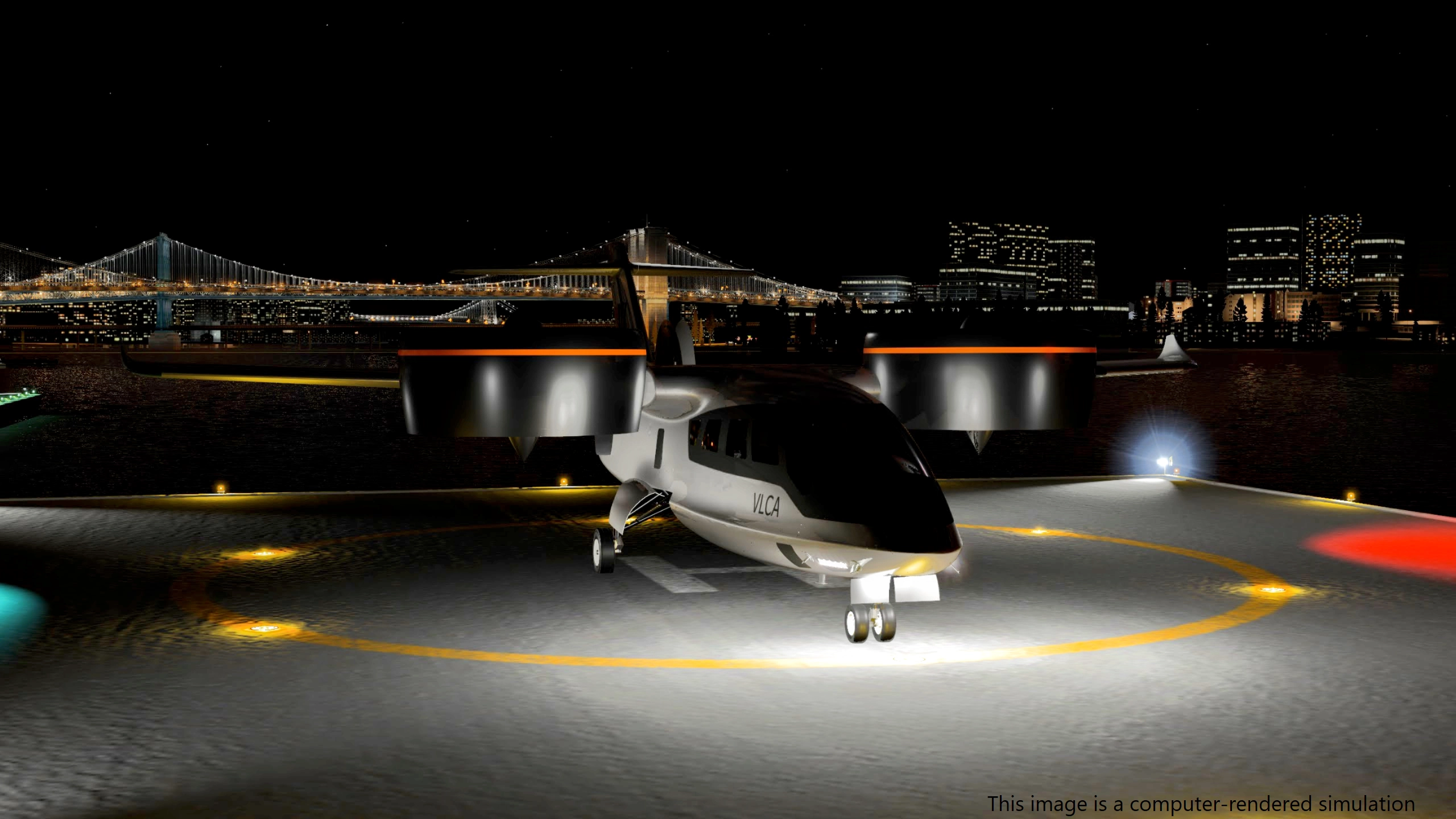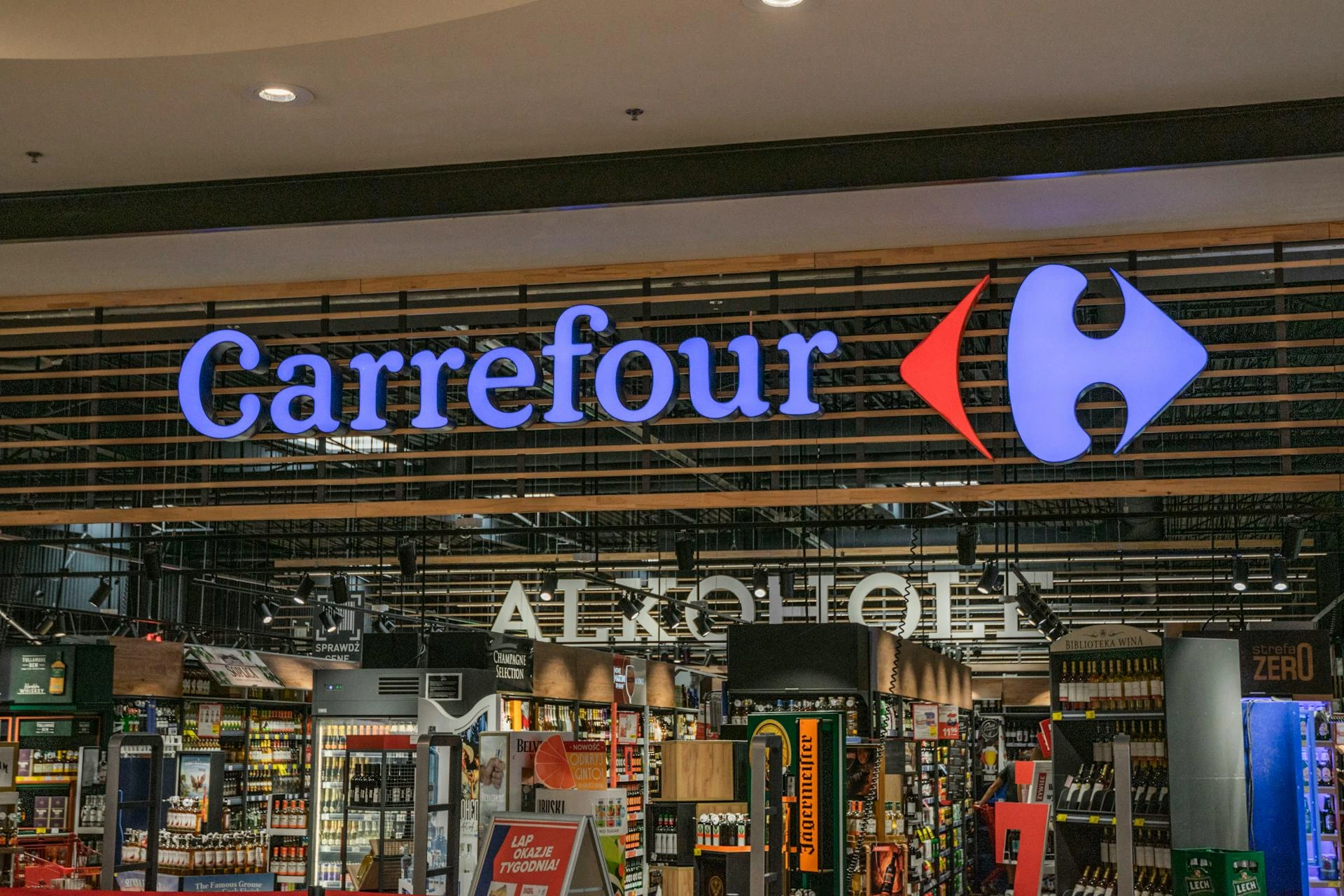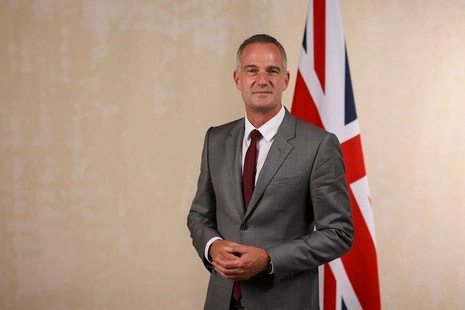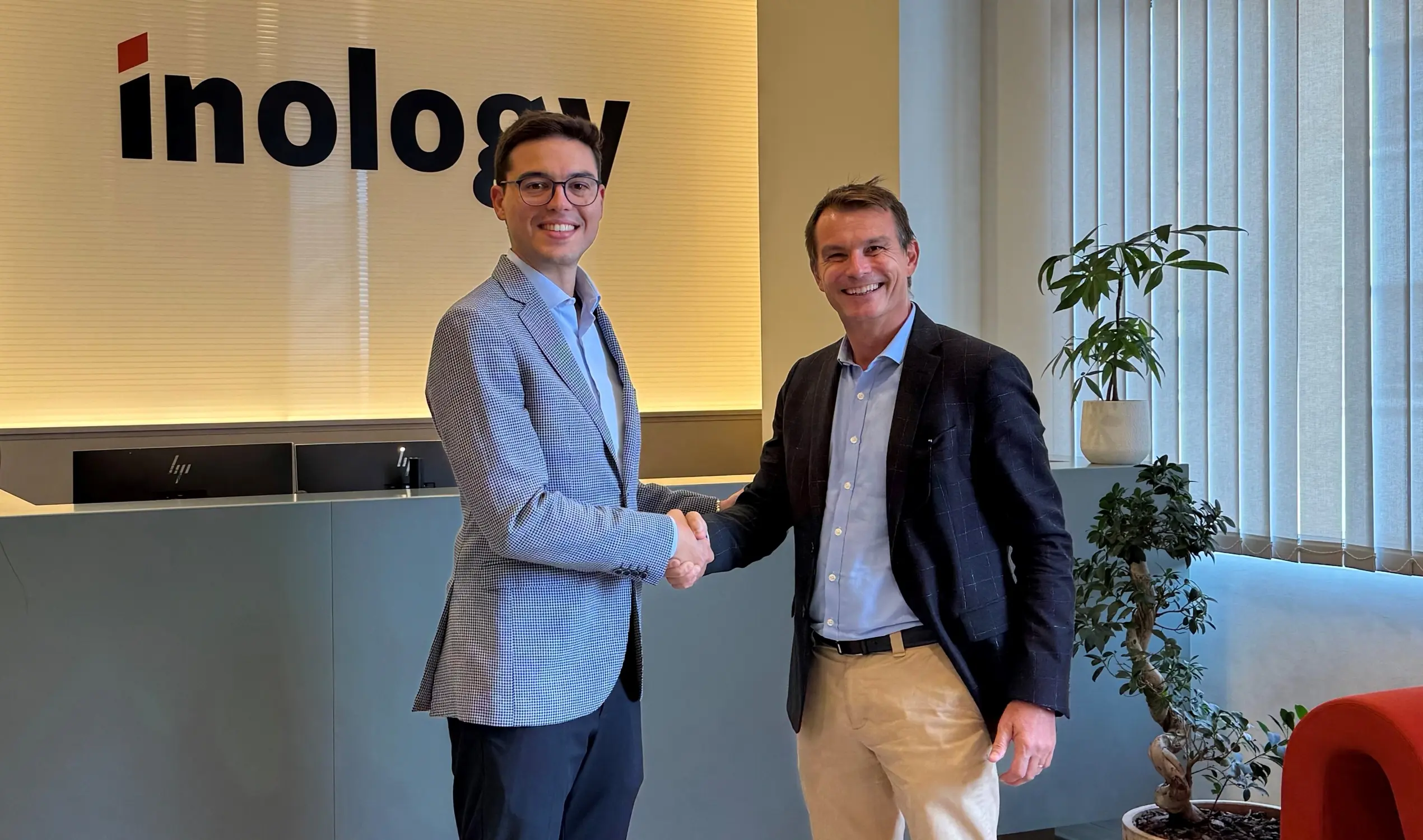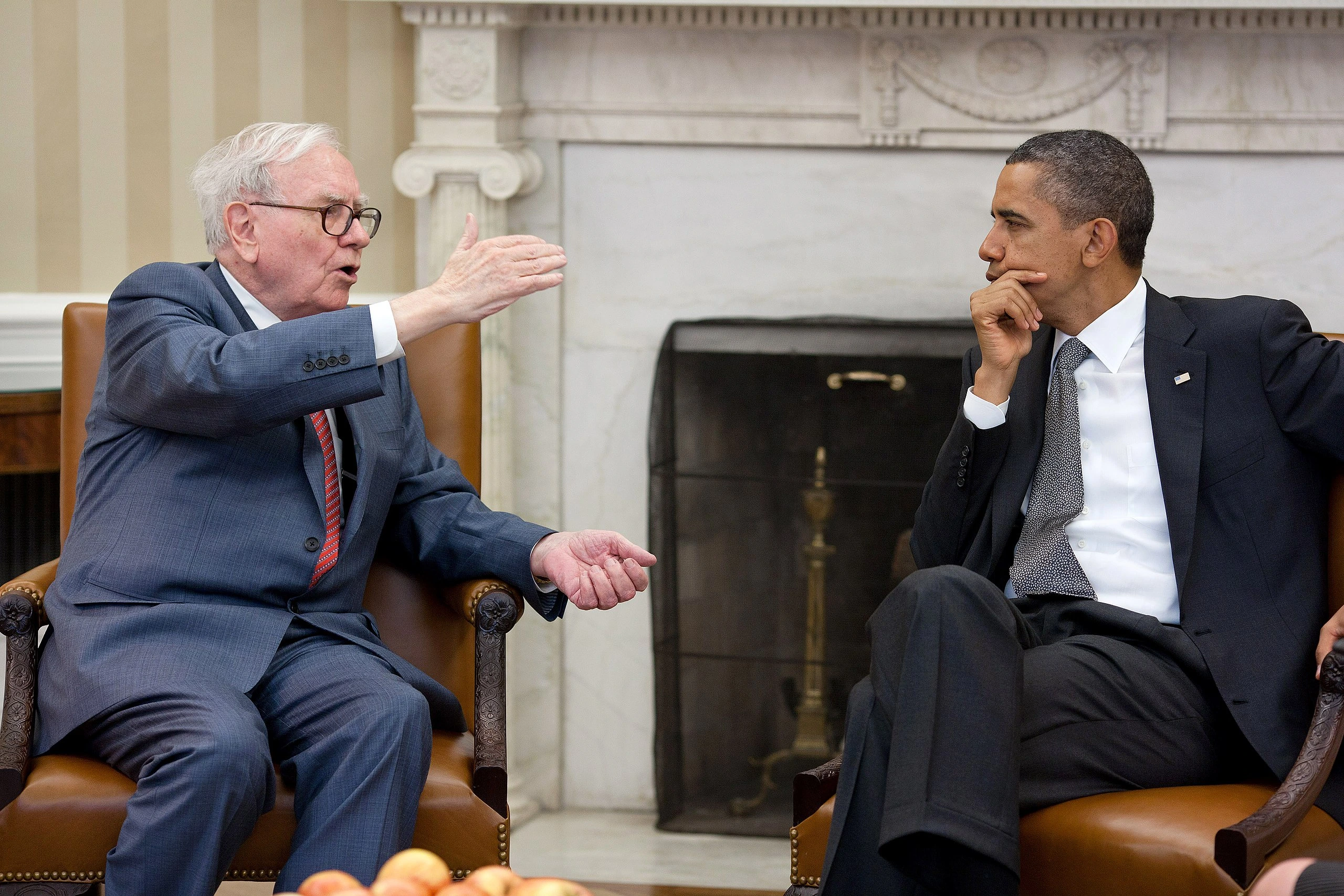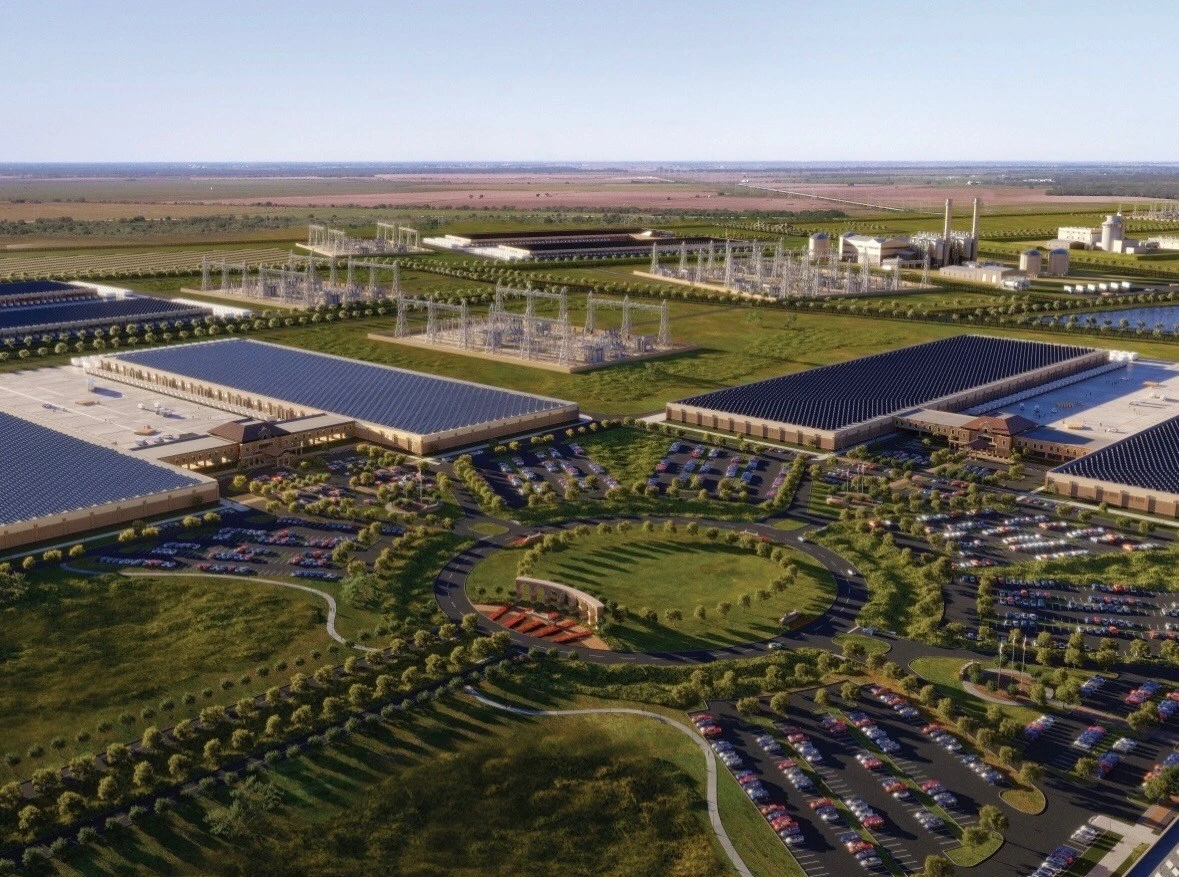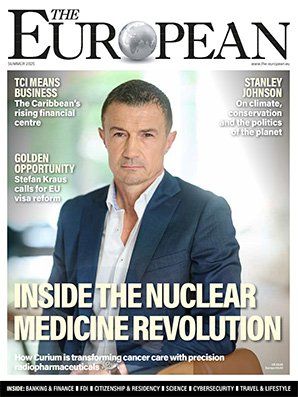Confidence holds in European hospitality, but skills and tech gaps persist

John E. Kaye
- Published
- News

Booking.com’s fifth European Accommodation Barometer reveals a sector broadly confident ahead of the 2025 peak season, but facing widening disparities in training capacity, recruitment capabilities and digital uptake
Despite geopolitical tensions and economic uncertainty across the continent, Europe’s travel accommodation sector is entering the 2025 summer season with cautious optimism, according to new research published today by Booking.com.
The fifth edition of its European Accommodation Barometer, compiled in partnership with Statista, reflects the views of 1,160 senior accommodation executives and managers from across the continent, capturing an industry buoyed by strong seasonal expectations yet grappling with persistent structural and operational challenges.
The survey, conducted via telephone interviews between late February and late April this year, included responses from 80 operators in each of the following countries and regions: Austria, Croatia, France, Germany, Greece, Ireland, Italy, the Netherlands, the Nordics (Sweden, Denmark, Norway and Finland), Poland, Portugal and Spain. A further 200 respondents came from other European markets including Romania, Belgium, Czechia, Hungary, Bulgaria, Slovenia and Slovakia. In addition, 200 UK-based accommodation providers were surveyed as part of the national sample.
Overall, 63 per cent of respondents anticipate positive business development over the next six months, a figure only slightly below the record high of 65 per cent reported last year and markedly above the 38 per cent recorded in 2022.
Regional variation, however, remains significant. Sentiment is strongest in Southern Europe—covering Portugal, Spain, Italy, Greece and Croatia—where optimism appears most resilient. In contrast, executives in Central Europe (Austria, France, Germany, Poland) report a more subdued outlook, while Northern Europe—including the Nordic countries and Ireland—occupies a middle ground.
This broadly positive business outlook aligns with continued capital stability, as 62 per cent of European accommodations say they intend to maintain current levels of investment.
Chain hotels remain notably more bullish in their strategies than small and medium-sized independent establishments, which tend to adopt a more conservative approach to planning and expenditure.
With operators preparing for a busy summer, staffing was said to be a critical pressure point. On average, European properties plan to recruit 3.59 new employees over the next 12 months. Chain hotels indicate a significantly more ambitious hiring strategy, with an average of 5.85 new recruits planned, compared with 2.72 for independents.
While seasonal and entry-level roles are generally easier to fill, hiring for skilled senior positions continues to prove difficult. High salary expectations (56 per cent) and concerns about work-life balance in the sector (52 per cent) are the most commonly cited barriers to recruitment, according to the data. In addition, 47 per cent of respondents identify a lack of suitable skills or experience among candidates as a major constraint.
Training costs and limited management capacity to support upskilling initiatives further discourage hiring underqualified applicants.
These challenges are particularly acute for smaller and independent establishments, which typically lack the resources and scale to invest in workforce development.
According to the data, 17 per cent of independent properties across Europe offer no training provision whatsoever, compared with just two per cent of chain hotels. Chain hotels are also significantly more likely to work with external training providers (49 per cent) and to offer online learning opportunities (42 per cent), compared with just 29 per cent and 24 per cent respectively for independent accommodations.
The report also reveals that while a majority of European accommodations recognise the strategic value of digital tools and artificial intelligence, particularly for marketing (66 per cent), customer service (63 per cent) and revenue management (61 per cent), technical and financial obstacles continue to delay implementation.
Three in five operators cite high implementation costs (61 per cent) and the complexity of integration (58 per cent) as the most significant barriers to adoption. Moreover, 53 per cent of respondents report a lack of in-house technical expertise as a further limiting factor.
The divide between large, well-resourced properties and smaller independents is also growing, with the latter disproportionately affected by both the cost and complexity of digital adoption. The findings suggest that many smaller operators risk being excluded from digital transformation entirely, undermining their ability to compete in an increasingly tech-driven market.
The Barometer, which has been conducted annually since 2022, provides a comparative view of sentiment over time. Previous editions drew on sample sizes of 920 in 2024 and 2023, and 1,000 in 2022. This year’s fieldwork ran from 24 February to 22 April 2025, and included respondents with operational responsibility across a mix of property types and sizes.
Carlo Olejniczak, Vice President and Managing Director, EMEA at Booking.com, said: “We’re pleased to see that the fifth edition of the European Accommodation Barometer reveals such a confident outlook heading into peak season, but also recognise the challenges the industry is up against.
“Through this research, we aim to reinforce our commitment to listening closely to what’s top of mind for accommodations across the region, elevating their perspectives and promoting stronger cross-industry collaboration.”
Main image: Booking.com/Getty Images
Sign up to The European Newsletter
RECENT ARTICLES
-
 XTI Aerospace launches Founders Club for TriFan 600 backers
XTI Aerospace launches Founders Club for TriFan 600 backers -
 New ranking measures how Europe’s biggest retailers report on sustainability
New ranking measures how Europe’s biggest retailers report on sustainability -
 CEOs who endured childhood disasters show greater appetite for risky debt, study finds
CEOs who endured childhood disasters show greater appetite for risky debt, study finds -
 Galorath appoints Julia Gerth to lead EMEA and APAC sales in global expansion push
Galorath appoints Julia Gerth to lead EMEA and APAC sales in global expansion push -
 UK to restart trade talks with China after seven-year pause
UK to restart trade talks with China after seven-year pause -
 AM Best affirms Active Re’s ‘A’ rating for third year running
AM Best affirms Active Re’s ‘A’ rating for third year running -
 UK contract recruitment rises despite slowdown in permanent hiring
UK contract recruitment rises despite slowdown in permanent hiring -
 Forterro buys Spain’s Inology to expand southern Europe footprint
Forterro buys Spain’s Inology to expand southern Europe footprint -
 Singapore student start-up wins $1m Hult Prize for education platform
Singapore student start-up wins $1m Hult Prize for education platform -
 Nigeria’s startup scene takes global stage as Lagos hosts inaugural GITEX NIGERIA
Nigeria’s startup scene takes global stage as Lagos hosts inaugural GITEX NIGERIA -
 City and Gulf investors track golf’s newest global venture
City and Gulf investors track golf’s newest global venture -
 UK businesses increase AI investment despite economic uncertainty, Barclays index finds
UK businesses increase AI investment despite economic uncertainty, Barclays index finds -
 French CEOs warn politics and geopolitics now threaten bottom lines, ESSEC study finds
French CEOs warn politics and geopolitics now threaten bottom lines, ESSEC study finds -
 Study links female-dominated classrooms to higher lifetime earnings for women
Study links female-dominated classrooms to higher lifetime earnings for women -
 Inside London’s £1bn super-hotel with £20k penthouses, private butlers and a gilded eagle
Inside London’s £1bn super-hotel with £20k penthouses, private butlers and a gilded eagle -
 Kia America hits record monthly sales as EV demand surges
Kia America hits record monthly sales as EV demand surges -
 Trump family’s crypto debut adds $5bn to fortune amid ethics row
Trump family’s crypto debut adds $5bn to fortune amid ethics row -
 Warren Buffett turns 95 – the secrets behind a $130 billion fortune
Warren Buffett turns 95 – the secrets behind a $130 billion fortune -
 Most game developers now using AI in their workflows, Google Cloud study finds
Most game developers now using AI in their workflows, Google Cloud study finds -
 BlackRock takes $89m stake in Freedom Holding, emerging as second-largest shareholder
BlackRock takes $89m stake in Freedom Holding, emerging as second-largest shareholder -
 Welcome to Britain’s most exclusive founders’ network with £1M entry bar
Welcome to Britain’s most exclusive founders’ network with £1M entry bar -
 Portugal’s GR22 crowned Europe’s most rewarding hiking trail
Portugal’s GR22 crowned Europe’s most rewarding hiking trail -
 Music faces a bum note without elephant dung, new research warns
Music faces a bum note without elephant dung, new research warns -
 Fermi America secures $350m in financing led by Macquarie Group
Fermi America secures $350m in financing led by Macquarie Group -
 Cambodia to rename key highway after Donald Trump for brokering peace deal
Cambodia to rename key highway after Donald Trump for brokering peace deal

